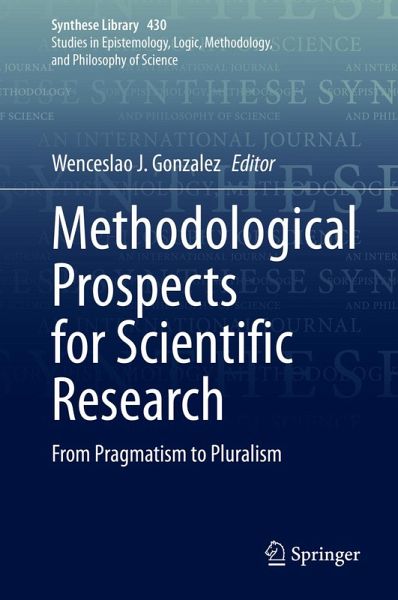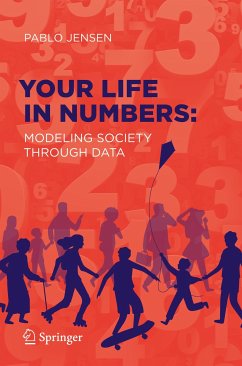
Methodological Prospects for Scientific Research (eBook, PDF)
From Pragmatism to Pluralism
Redaktion: Gonzalez, Wenceslao J.
Versandkostenfrei!
Sofort per Download lieferbar
72,95 €
inkl. MwSt.
Weitere Ausgaben:

PAYBACK Punkte
36 °P sammeln!
This book highlights the existence of a diversity of methods in science, in general, in groups of sciences (natural, social or the artificial), and in individual sciences. This methodological variety is open to a number of consequences, such as the differences in the research according to levels of reality (micro, meso and macro), which leads to multi-scale modelling and to questioning "fundamental" parts in the sciences, understood as the necessary support for the whole discipline. In addition, this volume acknowledges the need to assess the efficacy of procedures and methods of scientific ac...
This book highlights the existence of a diversity of methods in science, in general, in groups of sciences (natural, social or the artificial), and in individual sciences. This methodological variety is open to a number of consequences, such as the differences in the research according to levels of reality (micro, meso and macro), which leads to multi-scale modelling and to questioning "fundamental" parts in the sciences, understood as the necessary support for the whole discipline. In addition, this volume acknowledges the need to assess the efficacy of procedures and methods of scientific activity in engendering high quality results in research made; the relevance of contextual factors for methodology of science; the existence of a plurality of stratagems when doing research in empirical sciences (natural, social and of the artificial); and the need for an ethical component while developing scientific methods, because values should have a role in scientific research. The book is of interest to a broad audience of philosophers, academics in various fields, graduate students and research centers interested in methodology of science.
Dieser Download kann aus rechtlichen Gründen nur mit Rechnungsadresse in A, B, BG, CY, CZ, D, DK, EW, E, FIN, F, GR, HR, H, IRL, I, LT, L, LR, M, NL, PL, P, R, S, SLO, SK ausgeliefert werden.












